Education is one of the best things we can ever give to the next generation. It should be about not just going to school but creating a suitable
environment for lifelong learning where we continue to learn throughout the trajectory of human life. However, a strong foundation particularly
at early childhood cannot be overemphasised as it is during this period that we develop the grit and cognitive abilities that enables us to pursue
a fulfilling life.
Education in sub-Saharan Africa must be recalibrated, as the current model is not geared towards a digital age. It does not provide learners with the
competence and the minimum skills required in the current digitally inclined workplace. A determination to further improve the currently crippled
educational system has led me to solve one of the problems within the education ecosystem which is about the training of our teachers. I often say a
teacher is the most fundamental aspect of the education chain; one can train under a tree in Kenya but have a better outcome than those trained in a
beautiful classroom in Nigeria. So it is really about the teacher that is what led me to co-founded the Axiom Learning Solutions.
Therefore, as an active practitioner and advocate, I continue to pursue the understanding of needs at grassroots that will lead to learning outcomes
that encompasses localised solutions, problem-solving, innovative funding concepts as well as connections with global environment to create and implement
a curriculum that is all-encompassing.
However, there are other areas within education that are relatively important. One area I have interest in is education finance and under this, the question
is how we can give credit to people so that they can access education. It is an area I am constantly looking to collaborate and work with other people to
create a significant social impact; either through a business, a social enterprise or public sector engagement.
Often “Charity Model” charities fundraise through imagery and messaging that shows disabled people as helpless and tragic – to generate emotive
responses from non – disabled people who will hopefully feel enough pity to put their hands in their pocket. Though this may solve the immediate
needs of the individuals or groups concerned, it gives these people the role of liabilities in the society that people ought to consider because
of their disabilities. No attention is given to the real needs of those with disabilities which is social acceptance and dreams of also pursuing
realisable goals which in turn gives them a sense of purpose and value in the society.
We must encourage a tripartite solution involving public, private and the federal sector to develop and establish a new platform that will create
sustainable change. It is in light of this that I hope that the new era of the sustainable development goals will entrench a better understanding
and development of a more inclusive society for all.






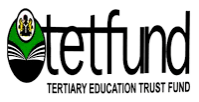
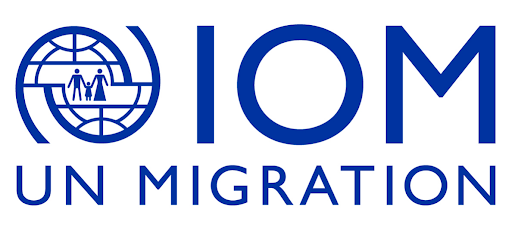


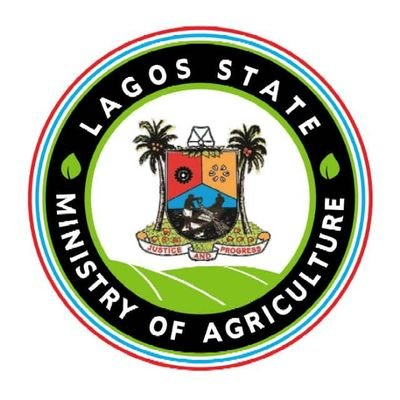
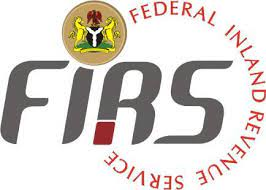

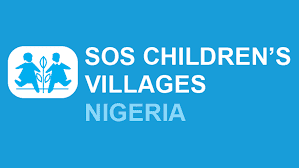







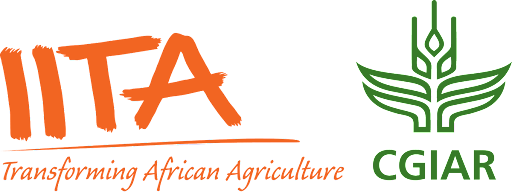
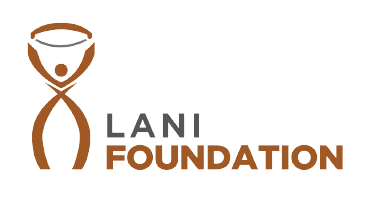
Social Entrepreneurship
Entrepreneurs usually engage in business with a risk and reward mind-set, which has money-making as the end gain. But when looking at social entrepreneurship we are looking at how to develop, fund and implement solutions to social, cultural, or environmental issues. Social entrepreneurship has drawn interest from global policy makers and social entrepreneurs to target developing countries. Generally, not-for-profit organisations, funded by government and donor grants have played a significant role in poverty alleviation. It is all about: “Finding solutions to problems in the society on the journey of money-making”.
The aftermath of so-called “social impact investment” in sub-Saharan Africa has produced not enough result in battling the ever-growing scourge of poverty. Why? In reality it takes two solid ends to build a reliable bridge. Efforts have been made by organisations in diaspora to improve the living conditions in sub-Saharan Africa through endless innovative ways that give to the society but still the poverty rising levels of some countries grows ever stronger. This is as a result of the other end which is comprised of the local or African-based entrepreneurs not being nearly as reliable. We must always learn to give back to our communities, and everyone who is an entrepreneur or runs a portfolio of entrepreneurial interest must support one cause or another. Yes, it is up to you and me to fulfil our part of the bargain and help in bringing social change within our countries across sub-Saharan Africa.
At LANI Foundation, we have created programs that will enable social entrepreneurship and we look forward to further developing the base model that we have created by collaborating with other partners.